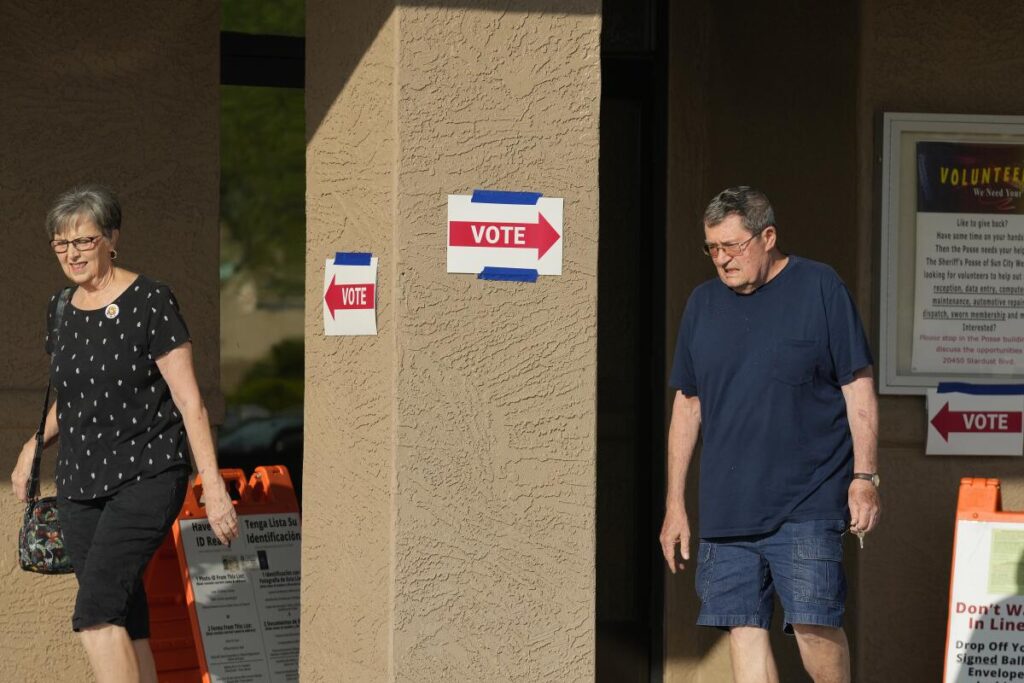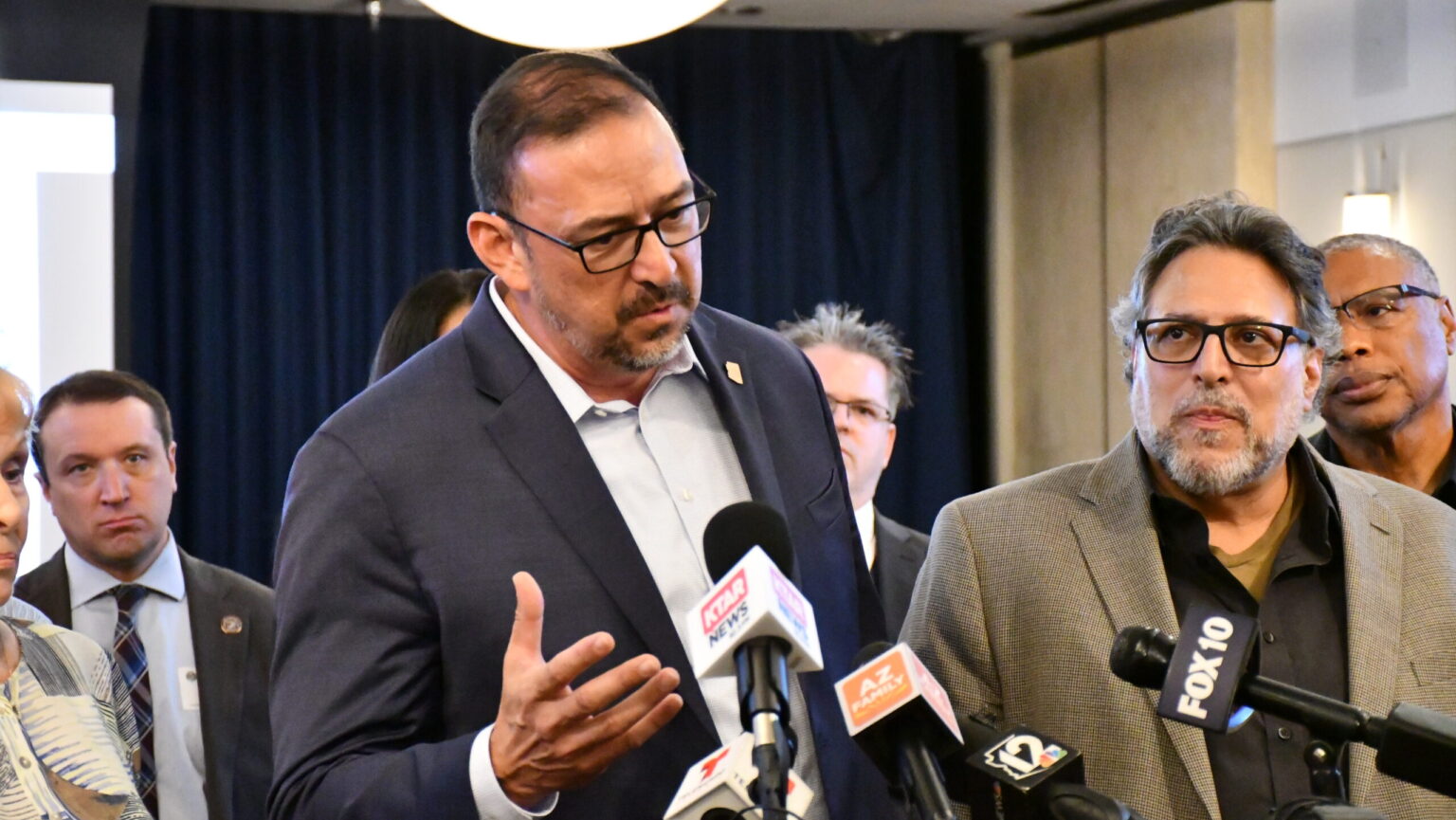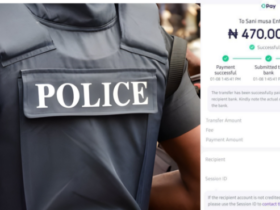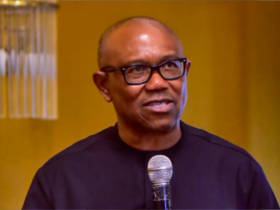Officials in Arizona have identified a flaw that enabled approximately 97,000 residents to vote in state and local elections without providing proof of citizenship, a requirement under state law.
The Arizona Supreme Court has been asked to rule on whether these individuals must provide proof of citizenship to vote in the upcoming November election or if they can continue to vote without it. The issue was uncovered by the Maricopa County Recorder’s office, led by Stephen Richer.
In 1996, Arizona began requiring residents to present proof of citizenship to obtain driver’s licenses, and in 2004, the state extended this requirement to voter registration for federal, state, and local elections. Without proof, residents were allowed to register for federal elections only.

The law allowed voters to use driver’s licenses issued after October 1, 1996, as proof of citizenship.
However, a flaw in the statewide voter registration database mistakenly accepted licenses as proof of citizenship, even if they were duplicates of those issued before 1996, when proof of citizenship was not required. Duplicate licenses can be issued for reasons such as loss or damage of the original license.
This error means that 97,688 voters have been participating in state and local elections despite not meeting the legal criteria. Richer revealed on the social media platform X that the flaw has been present since 2004 in every county across the state.
It was discovered about a week ago when a non-citizen was found to be registered to vote in federal, state, and local elections. Officials say the individual did not cast any ballots.
Arizona Secretary of State Adrian Fontes has argued that these voters should still be allowed to vote in November, citing concerns over disenfranchising them without sufficient notice and through no fault of their own.
His office sent a letter to county recorders expressing this position.
Richer, however, maintains that since these residents do not meet the legal requirements, they should be limited to voting in federal elections only.
He has petitioned the Arizona Supreme Court for a ruling to support his stance, challenging Fontes on the issue.
“Because Arizona law requires that affected voters be made federal only unless and until they provide [proof of citizenship], and because the secretary has issued conflicting guidance, only this court can resolve this controversy and provide the necessary certainty for the 2024 general election,” the petition states.
Richer asked the justices to intervene before ballots are mailed out on Saturday, including to overseas voters.
Arizona Governor Katie Hobbs stated that upon learning of the issue, she instructed the state’s Motor Vehicle Division to collaborate with the Secretary of State’s office to resolve the problem, ensuring that no additional voters would be mistakenly listed as eligible to vote in state and local elections without proof of citizenship.
“I’m proud of the MVD for their hard work in implementing a solution to this issue in record time,” Hobbs said.
Officials report that most of the affected voters are between the ages of 45 and 60, with the majority residing in Maricopa County. While a plurality are Republicans, there are also substantial numbers of independents and Democrats.
“We have no reason to believe that there are any significant numbers of individuals remaining on this list who are not eligible to vote in Arizona,” Fontes told a press briefing. “We cannot confirm that at this moment, but we don’t have any reason to believe that.”
If the Arizona Supreme Court rules in Richer’s favor, Fontes stated, those among the approximately 97,000 affected residents will be notified and will be able to provide proof of citizenship via an electronic portal that the secretary of state’s office is currently developing.
(Santa Clarita Valley Signal)
Follow the Parallel Facts channel on WhatsApp: https://whatsapp.com/channel/0029VaCQSAoHgZWiDjR3Kn2E









Leave a Reply